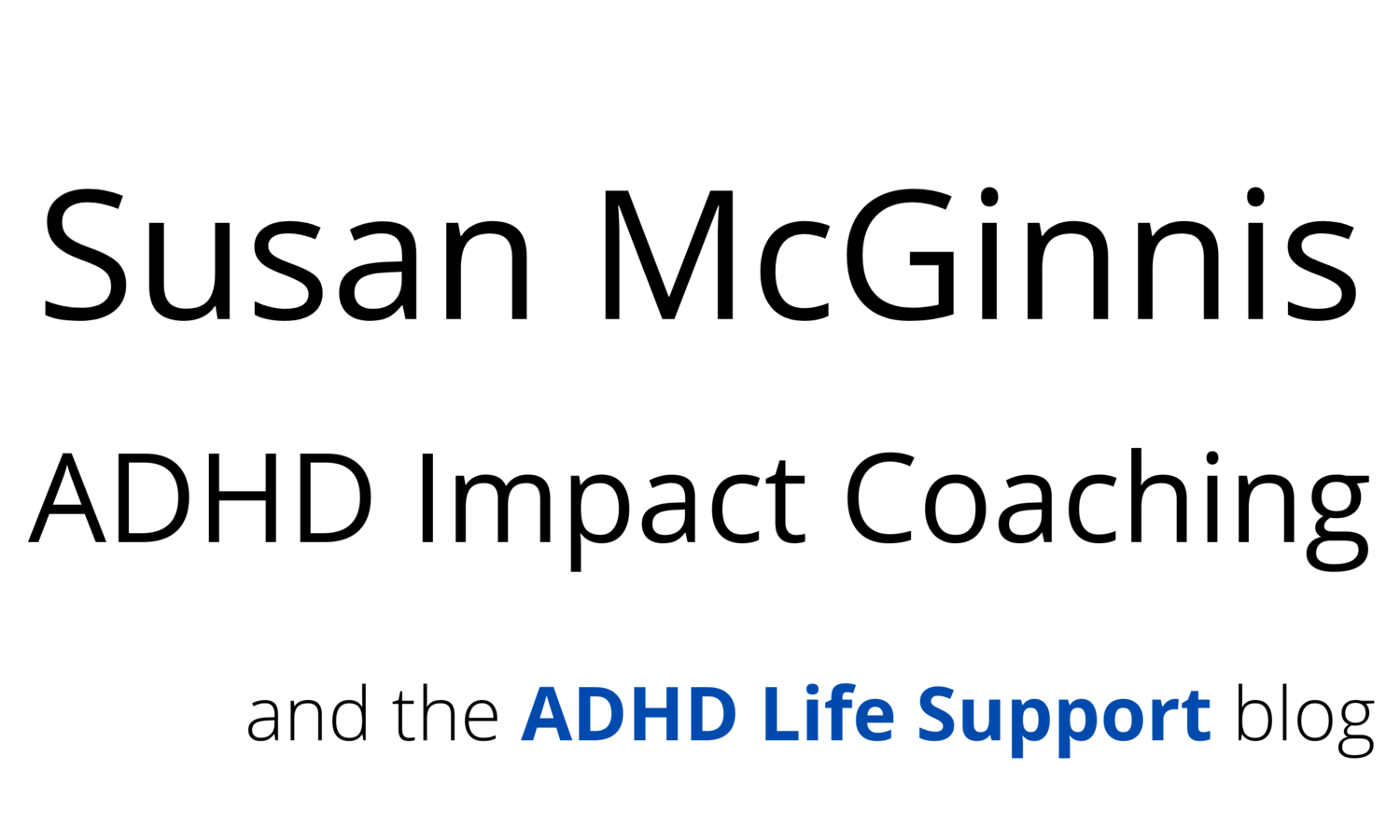Podcast Recommendation: Ezra Klein Show on Anxiety as a Habit
Is feeling anxious a mental habit that you can break?
This concept is a valuable lens for ADHD self-leadership, given the understanding the ADHD brain as “reward seeking” and dopamine-addicted. I strongly recommend this Ezra Klein Show podcast, “That Anxiety You’re Feeling? It’s a Habit You Can Unlearn.” Jud Brewer is an associate professor of psychiatry at Brown University, where he is the director of research and innovation at the Mindfulness Center; he has a new book, “Unwinding Anxiety: New Science Shows How to Break the Cycles of Worry and Fear to Heal Your Mind” where he applies that research to anxiety, which he understands as a kind of addiction.
Anxiety - worrying - is a replacement for actually doing something in an uncertain or hypothetical situation - and it creates dopamine rewards for doing nothing at all, creating a kind of addiction to rumination. In the podcast, Jud does a great job of explaining how your mind thinks it is problem-solving, but in fact it is just spinning out in endless loops.
The recording is an hour long and includes a lot of great information; to give you an idea of why you might want to listen, I’ll do a quick summary of my take-aways.
The brain’s Default Mode Network (DMN), which is active whenever we are not actively involved in doing something, plays a big role in anxiety. The DMN handles “self-referential processing” and plays a role in our survival, dominating our thoughts with self-reflection and hypothetical concerns of the past or the future. The DMN finds it inherently rewarding to think about ourselves and our experience, AND it often goes to potentially adverse scenarios. Fear is more “interesting” than what might go well!
When we are in state of worry or anxiety, our productivity declines. Jud mentions developing awareness of the emotional triggers known by the acronym HALT: hungry, angry, lonely, or tired - because they actively diminish our ability to think clearly and problem-solve. Our feeling body will take precedence over our thinking mind.
If we view our anxiety as a habit of reward-seeking mental behavior, we can begin to break the habit and redirect our thoughts. By changing our relationship to our thoughts — basically, by not taking them so seriously! — we can reduce the “reward value” of our rumination.
Noticing what you are thinking and how you are feeling in your body provides valuable data for self-regulation and building positive habits. Where does the reward become greater or lesser? Cultivating curious awareness about your experience is suggested as a practice which might help you tolerate the discomfort that might otherwise trigger “bad habit” behavior.
Curiousity and kindness are suggested as more-rewarding mental states than anxiety. Working with your awareness of when anxiety and rumination begin, you can invoke these consciously, as tools for self-management that are grounded in reality and lead to productive actions.
I want to include a resource Jud mentions in the podcast: his Habit Mapper thinking tool to help you explore the relationships between what you do habitually and what you really want.
ADHD Life Support is the blog of
Susan McGinnis, CALC of ADHD Impact Coaching LLC
Coaching adults with ADHD www.adhdimpactcoaching.com
